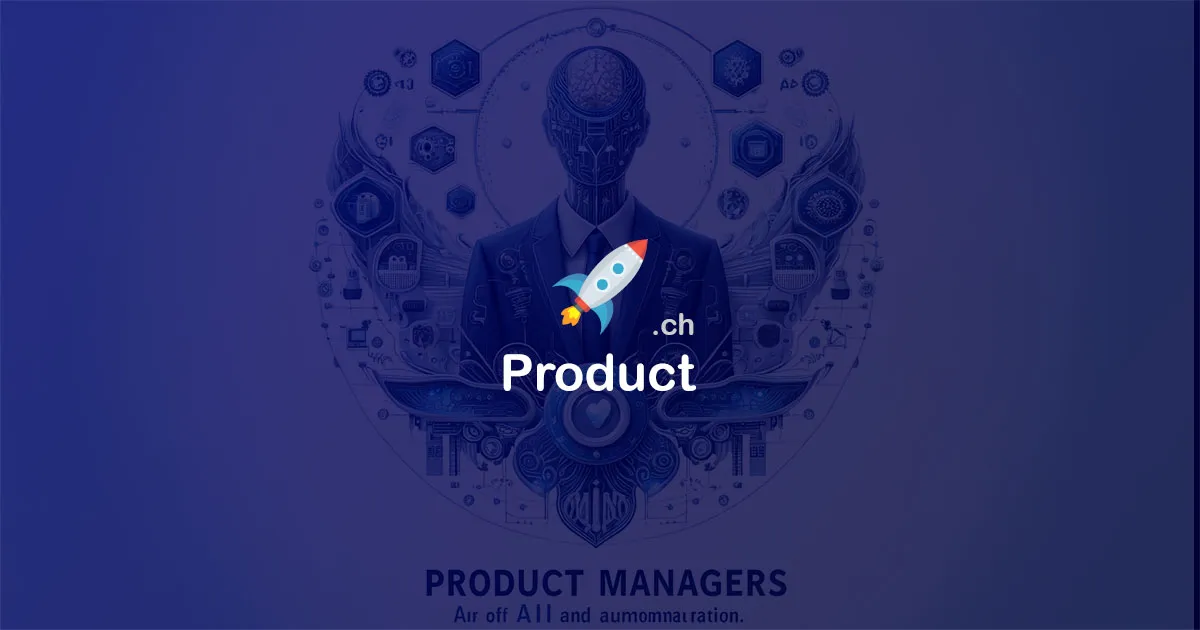The Rise of AI and Automation in Product Development
The integration of AI and automation into product development has been nothing short of revolutionary. Today, AI algorithms can process vast data sets, identify trends, predict customer behaviors, and even make suggestions regarding product features and user experience. Automation, meanwhile, has streamlined many traditionally labor-intensive processes, significantly reducing the time and resources required for testing, deployment, and monitoring. Together, these technologies bring enhanced efficiency, cost savings, and shorter time-to-market cycles—attributes that are increasingly critical in today's competitive and fast-paced business landscape.
From personalized recommendations to predictive analytics, AI is enabling product teams to deliver tailored user experiences while scaling operations more effectively. Automation handles repetitive tasks, freeing up human resources to focus on higher-value activities. Companies that successfully integrate AI and automation into their product workflows are seeing increased agility and resilience, positioning them to respond quickly to market changes and evolving customer needs.
The Irreplaceable Human Touch
Despite the advancements in AI and automation, the complete replacement of human product managers by technology remains unlikely. While AI and automation excel at executing tasks within defined parameters and can efficiently process data, they fall short when it comes to tasks that demand human judgment, creativity, and empathy—core competencies of effective product management. AI can suggest optimizations based on historical data, but it cannot account for the complex social, cultural, and emotional factors that often influence user behavior.
This is where the role of product managers, especially those supported by fractional CPO expertise, becomes invaluable. Fractional CPOs bring a combination of strategic insight and practical experience, allowing them to harness AI tools effectively while maintaining a human-centered approach to product development. By blending the analytical strengths of AI with the emotional intelligence and creative problem-solving skills of human product managers, companies can achieve a well-rounded, forward-thinking approach to product management.
Strategic Decision-Making and Leadership
Beyond tactical execution, product managers are instrumental in guiding strategic decision-making—a complex blend of art and science that AI is far from mastering. Product managers analyze market conditions, assess competitor actions, interpret regulatory changes, and anticipate user needs to shape the product roadmap and business strategy. Their ability to navigate dynamic social and economic environments, to innovate, and to adapt strategies as needed is where human judgment remains irreplaceable.
Moreover, product managers bring a vision and a sense of purpose to the team, inspiring stakeholders across departments. By fostering collaboration and alignment, they ensure that each team member understands the larger mission and their role in achieving it. This type of cohesive leadership is crucial for innovation and long-term success, particularly in organizations that aim to leverage both human insight and AI-driven efficiency.
Balancing Technology and Human Insight
Achieving success in product development often requires a balanced approach, where technology and human skills work in harmony. AI and automation can greatly enhance the productivity of product managers by handling repetitive tasks and offering insights derived from data analytics at scale. This allows product managers to devote more time to strategic and creative aspects, such as defining the product vision, building relationships with customers, and leading cross-functional teams to achieve a common goal.
Bringing in a fractional CPO can further enhance this balance, elevating the strategic application of AI within product development. Fractional CPOs possess a wealth of experience in managing both technological advancements and human dynamics. Their ability to interpret AI insights in alignment with human-centered design principles and broader business objectives adds an additional layer of value to the product strategy, ensuring a cohesive, purpose-driven approach to innovation.
The Future Role of Product Managers
Looking to the future, the role of product managers will undoubtedly evolve, but it is unlikely to be diminished. As AI and automation technologies continue to develop, product managers will need to enhance their analytical skills and adapt to working alongside sophisticated AI tools. Their ability to interpret data-driven insights will become more critical, as will their understanding of technology’s role in achieving business goals. However, the core elements of product management—leadership, empathy, and creativity—will become even more valuable, as these uniquely human qualities cannot be fully replicated by machines.
In the coming years, product managers will be expected to combine their strategic vision with a keen awareness of AI capabilities, using these tools to drive product innovation and market differentiation. Their expertise in understanding user needs, anticipating market trends, and fostering a collaborative environment will continue to be indispensable. Rather than being replaced, product managers will find their roles enriched, requiring them to integrate advanced technology seamlessly into their strategic framework.
Conclusion
In summary, while AI and automation are reshaping product development, they do not eliminate the need for skilled product managers. The human attributes of empathy, creativity, and strategic insight are as crucial as ever in a world increasingly driven by data and algorithms. AI and automation should be viewed as tools that augment the capabilities of human product managers, not as replacements. Together, they form a powerful combination that allows businesses to navigate the complexities of modern markets with both efficiency and empathy.
As companies continue to explore the intersection of human insight and technological innovation, the future of product management will likely be defined by those who can effectively integrate AI while staying rooted in a human-centered approach. For companies seeking to make the most of this balanced strategy, the expertise of a fractional CPO can provide invaluable guidance. To learn more about how Product Rocket can support your journey in this evolving landscape, visit our services page.
